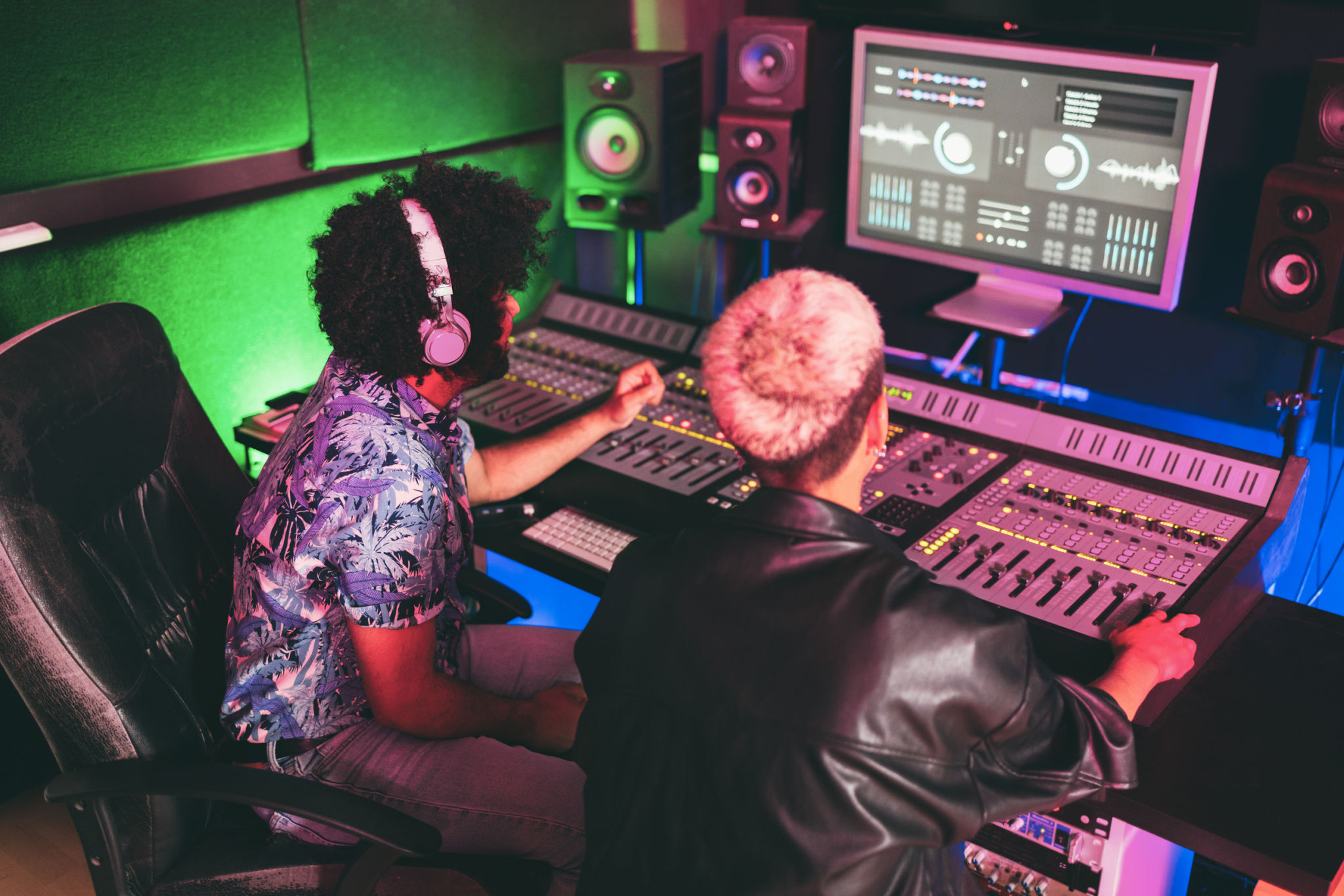Expert Insights: Overcoming Common Challenges in Music Artist Development
Understanding the Importance of Artist Development
In the music industry, artist development is a crucial component that shapes the career trajectory of aspiring musicians. It involves nurturing talent, honing skills, and building a brand that resonates with audiences. While many artists have the raw talent required to succeed, navigating the complex landscape of the music business can be challenging without expert guidance.
Development focuses on more than just musical ability. It encompasses everything from stage presence and media training to marketing strategies and financial acumen. These elements combine to create a well-rounded artist who can thrive in a competitive market.

Building a Strong Personal Brand
One of the most significant challenges in artist development is establishing a strong personal brand. In an industry where image plays a vital role, having a unique and authentic brand can set an artist apart. This involves identifying what makes the artist distinctive and communicating that through their music, visual aesthetics, and public interactions.
Many artists struggle with this aspect as it requires introspection and strategic planning. Working with professionals who understand branding can help artists articulate their vision and present it compellingly to the audience.
Consistency is Key
Consistency is essential in maintaining a strong brand. Artists must ensure that their messaging remains uniform across all platforms, from social media to live performances. This consistency builds trust and loyalty with fans, which is invaluable for long-term success.

Navigating Industry Connections
Building connections within the music industry is another common challenge for developing artists. Relationships with producers, agents, and other musicians can open doors to opportunities that might otherwise be inaccessible. Networking effectively is crucial but often daunting for newcomers.
Attending industry events, participating in collaborations, and leveraging social media platforms are effective ways to expand one's network. However, artists should focus on cultivating genuine relationships rather than superficial connections.
The Role of Mentorship
Mentorship can play a pivotal role in overcoming networking hurdles. Experienced mentors offer insights, introduce artists to key contacts, and provide guidance based on their own experiences in the industry. Finding a mentor who aligns with the artist's vision can be incredibly beneficial.

Financial Acumen and Resource Management
Financial management is often overlooked in artist development but is essential for sustainability in the music business. Artists must learn to budget effectively, manage income streams, and invest wisely in their careers.
Understanding contracts, royalty agreements, and tax obligations are all part of this financial literacy. Many artists benefit from hiring financial advisors or managers who specialize in the entertainment industry to navigate these complexities.
Investing in Growth
Investing in one's career is crucial for growth. Whether it's funding a new album, marketing campaigns, or equipment upgrades, strategic investments can propel an artist's career forward. Planning and prioritizing these investments are critical to achieving long-term goals.
